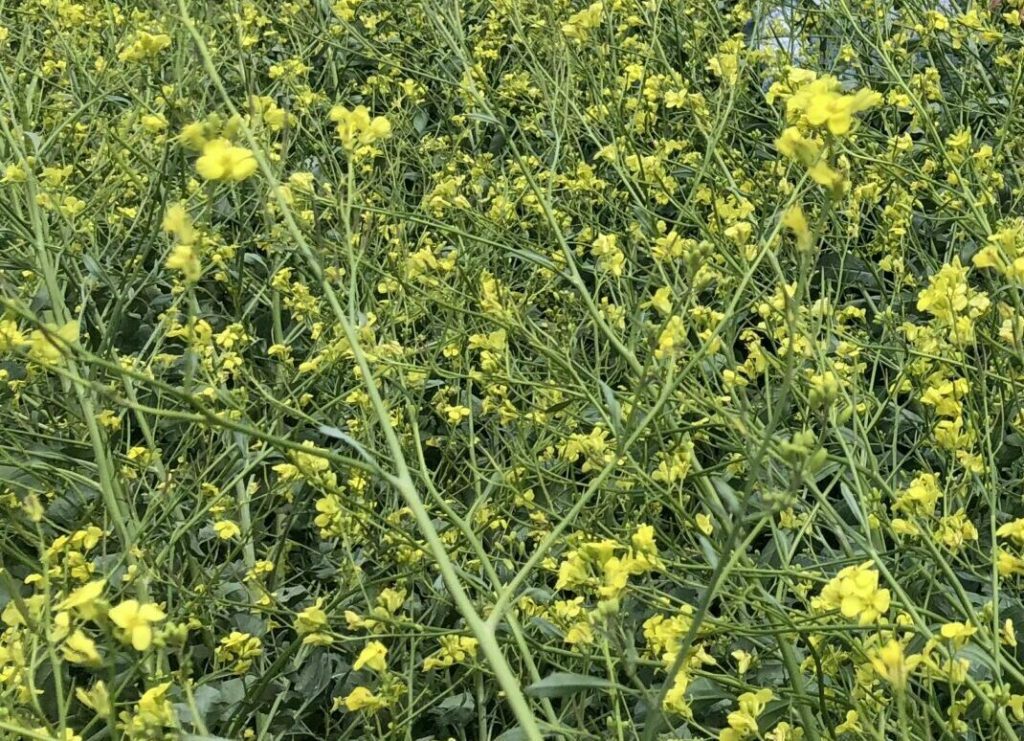Global demand for independently certified sustainable, non-food low-carbon biofuel feedstock has already brought new agronomic and economic opportunity to Nuseed Carinata growers in Argentina.
The development of the Nuseed Carinata Value Chain, the value creation supply chain connecting growers to end-use customers and new biofuel markets, is critical to certified biofuel production and a catalyst for the adoption of cover crops.
Nuseed’s mission is to deliver value beyond yield that can be shared with participants in the supply chain, via a closed-loop contract structure. Bringing the economic benefit from the end use back to the grower is key to the Nuseed Carinata program and a catalyst for cover cropping and sustainable farming practices.
“Historically cover crops were viewed as a longer-term investment just in soil health,” says Johnston. “Today, because of the demand for certified sustainable biofuel feedstock Nuseed Carinata growers can increase their annual income from existing farmland between main crops by adopting and documenting the required sustainable farming practices, as well as the long term pay-off of improving their soil for higher yielding crops in the following growing seasons. There’s added value in what they grow and how they grow it.”
Nuseed Carinata, was first commercially introduced to Argentinian growers in 2019. The crop was exported to France and crushed by Saipol, Europe’s largest biodiesel processor, with the oil used for certified low-carbon biofuel and the co-product, a traceable source of non-GMO plant protein.
The new contract market opportunity rewards growers for adopting the required sustainable farming practices, which also provide quantifiable carbon savings. Listed by the International Civil Aviation Organization (ICAO) as having similar greenhouse gas (GHG) savings to typical low carbon intensity feedstocks, primarily waste and used cooking oil, Nuseed Carinata is recognized as a comparable carbon reduction sustainable aviation fuel (SAF) feedstock with the advantage of scalable production.
“It’s been a welcome opportunity in Argentina, and exciting to be making a positive impact on carbon, soil health and the farm economy,” shares Sebastian Bravo, Nuseed Carinata Business Manager based at the Nuseed Innovation Center in Venado, Argentina. “Growers are very interested in getting additional income between main crops while protecting and improving their existing farmland, as well as being rewarded and supported in adopting sustainable farming practices.”
As Nuseed Carinata global demand increases, the plan is to expand commercial production in South America and to the United States over the coming years. Carinata’s low-carbon feedstock is a drop-in sustainable aviation fuel (SAF), and the program’s carbon savings can help the aviation industry, local governments and companies work towards carbon reduction targets and policies.

